Failed Hair Transplant: Why Are Some Hair Transplants Unsuccessful?
Facial Plastic Surgery
air Transplant Failure is a phrase that often brings anxiety and doubt. How can one navigate through the complexities of hair restoration? This article explores this issue in detail, offering essential insights and data-driven advice to help you understand the potential reasons behind hair transplant failure and how to avoid it.
In the following sections, we unravel the mystery behind failed hair transplants and guide you toward effective prevention strategies. Join us on this informative journey at Raadina Health Blog.
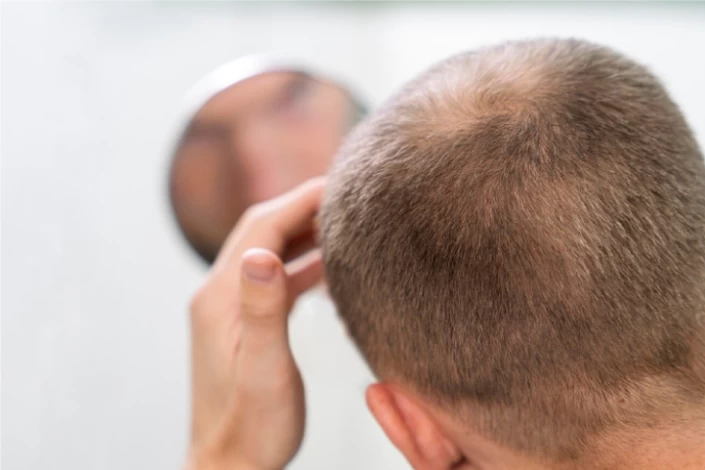
Understanding Hair Transplant Failure
Hair transplant failure refers to instances where the desired outcome of a hair restoration surgery is not achieved. This can manifest in various ways, including poor growth of transplanted hair, unnatural appearance, or complications post-surgery. Understanding what constitutes a failure in hair transplant procedures is key to setting realistic expectations and planning for successful outcomes.
Defining Hair Transplant Failure: What Does it Mean?
Hair transplant failure can occur due to a multitude of factors ranging from surgical techniques to individual patient characteristics. A failed hair transplant typically means that the transplanted hair follicles do not survive or grow as expected, leading to unsatisfactory aesthetic results. It can also include instances where the patient experiences excessive scarring, infections, or an unnatural hairline post-procedure.
Hair Transplant Success Rate
The success rate of hair transplant surgery varies, but it is generally 95-98%. This high success rate is contingent on various factors, such as the surgeon's expertise, the donor's hair quality, and the patient’s adherence to post-operative care.
Factors influencing success rates include:
Surgeon's Expertise
The surgeon's skill and experience are crucial to the transplant's success. A skilled surgeon can ensure proper graft placement, minimize scarring, and achieve a natural-looking hairline.
Technology and Techniques Used
Advanced techniques like Follicular Unit Extraction (FUE) and Follicular Unit Transplantation (FUT) have higher success rates than older methods. State-of-the-art technology can also enhance the outcome.
Patient's Health Condition
The overall health of the patient, especially the condition of their scalp and donor hair, significantly impacts the transplant's success. Patients with robust donor hair and good scalp health generally see better results.
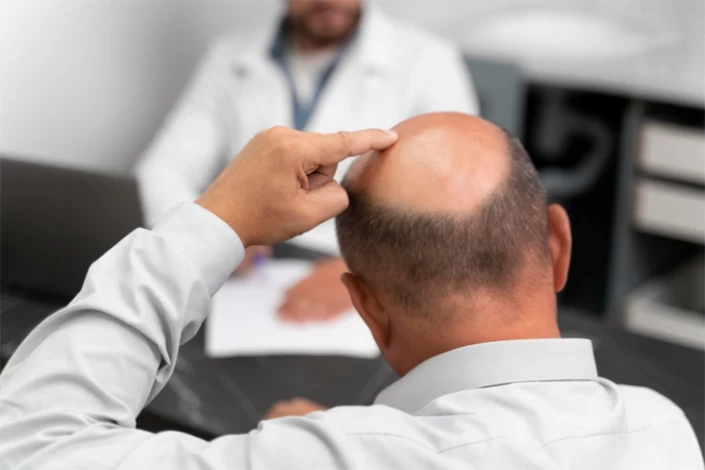
The Impact of Donor Hair Quality on Hair Transplant Outcome
The quality and quantity of donor hair significantly influence the outcome of a hair transplant. Understanding the role of donor hair in the transplant process is crucial for patients to have realistic expectations regarding the results.
Techniques for Maximizing Donor Hair Utilization
Maximizing the utilization of donor hair is essential for a successful transplant. Techniques to achieve this include:
- Follicular Unit Extraction (FUE hair transplant): Harvesting individual hair follicles for transplant.
- Follicular Unit Transplantation (FUT hair transplant): Removing a strip of skin from the donor area and dissecting it into individual grafts.
- Combining FUE and FUT methods for optimal results in cases of extensive baldness.
Post-Operative Care: A Key to Successful Hair Transplants
Post-operative care is integral to the success of a hair transplant. Proper care ensures the healthy growth of transplanted hair and minimizes the risk of complications.
Step-by-Step Post-Operative Care Guidelines
Following a hair transplant, a step-by-step care regimen is recommended:
- Immediate Post-Op Care: Includes wound care, swelling management, and pain management.
- First Few Weeks: Avoid strenuous activities, direct sunlight exposure, and proper washing techniques.
- Long-Term Care: Ongoing scalp care, monitoring hair growth, and follow-up visits with the surgeon.
The Role of Patient Compliance in Post-Operative Success
Patient compliance with post-operative instructions plays a significant role in the success of the transplant. Key aspects include:
- Adhering to medication schedules for pain relief and infection prevention.
- Following hair care guidelines provided by the surgeon.
- Attending follow-up appointments for progress monitoring.
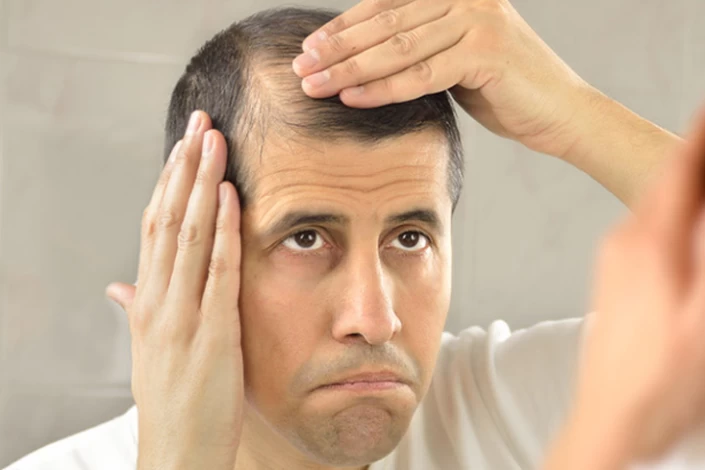
Does Age Affect the Failure of Hair Transplantation?
Age is a critical factor to consider when discussing failed hair transplants. Younger patients, especially those in their early 20s, may still be in the early stages of hair loss, which means their hair loss pattern has not yet fully developed. Undergoing a hair transplant at this stage can lead to unsatisfactory results over time, as continued hair loss around the transplanted area can create an unnatural appearance.
However, older individuals must also consider the quality and quantity of their donor hair, as these factors are crucial for the transplant's success. Therefore, a thorough evaluation by a qualified hair restoration specialist is essential to determine the appropriate timing for the procedure and minimize the risk of a failed hair transplant. If you want more information about the best age for a hair transplant, read this article.
How Do Smoking and Alcohol Affect Hair Transplant Success?
Smoking and alcohol consumption can have detrimental effects on the success of a hair transplant. Understanding these impacts is crucial for patients to make informed decisions before and after the procedure.
The adverse effects of smoking and alcohol on hair transplants include:
- Impaired blood flow to the scalp, affecting graft survival.
- Delayed healing and increased risk of infection.
- Adverse interaction with medications used during and after the procedure.
The Role of Surgeon’s Expertise in Hair Transplant Success
The surgeon's expertise is a critical factor in the success of a hair transplant. A surgeon's qualifications, experience, and understanding of the latest hair transplantation techniques contribute significantly to the procedure's outcome. Let's explore why choosing a qualified surgeon is essential and how their experience impacts the results of hair transplant procedures.
Importance of Choosing a Qualified Surgeon
Selecting a qualified surgeon for a hair transplant is paramount. A surgeon's credentials, such as board certifications, specialized training in hair restoration, and membership in professional bodies like the International Society of Hair Restoration Surgery (ISHRS), assure their expertise. A well-qualified surgeon is more likely to:
- Apply advanced surgical techniques effectively.
- Customize procedures according to individual patient needs.
- Minimize the risks associated with the surgery.
- Achieve aesthetically pleasing and natural-looking results.
Impact of Surgeon’s Experience on Procedure Outcomes
The surgeon's experience plays a crucial role in determining the success of hair transplants. Surgeons with extensive experience are adept at handling various challenges that might arise during the procedure. They are more likely to:
- Accurately assess the patient’s scalp and hair loss pattern.
- Design a hairline and distribution that looks natural.
- Efficiently utilize donor hair, ensuring maximum coverage.
- Manage patient expectations and provide realistic outcomes.
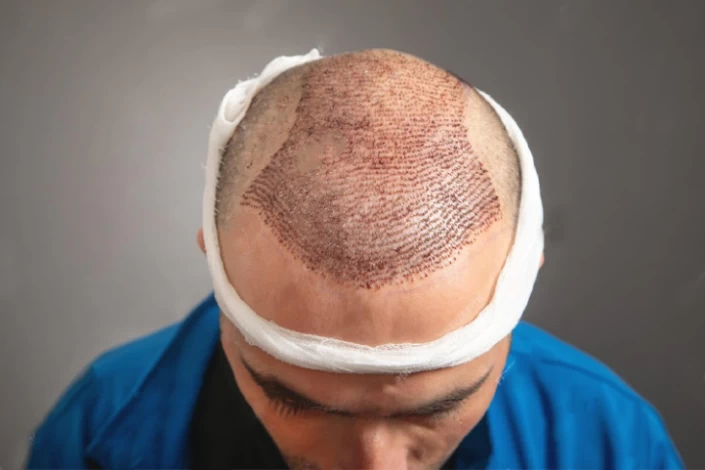
How to Choose the Right Clinic for Your Hair Transplant?
Choosing the right clinic and surgeon is paramount in ensuring the success of a hair transplant procedure.
Researching Clinic Credentials
Key factors to consider while researching include:
- Clinic’s Reputation: Evaluating the clinic's standing in the medical community.
- Accreditations and Certifications: Verifying professional endorsements and certifications.
Evaluating Surgeon’s Portfolio
Critical aspects of assessing a surgeon's portfolio include:
- Reviewing Before and After Photos: Analyzing past patient results for quality assessment.
- Reading Patient Testimonials: Understanding past patient experiences and satisfaction levels.
Conclusion
Throughout this exploration, we've learned that understanding its various facets is the key to avoiding Hair Transplant Failure. Every step is pivotal in hair restoration success, from choosing the right surgeon to post-operative care. Hair Transplant Procedures and Hair Restoration techniques, combined with a well-tailored treatment plan, can significantly increase the Hair Transplant Success Rate. As we conclude, remember that individual needs and conditions, such as Hair Loss Treatment, must be carefully considered.
We invite you to continue exploring this topic and more on the Raadina Health Blog, where a wealth of knowledge awaits to guide you in your health and wellness journey.
FAQ About Hair Transplant Failure
1) Can hair transplants fail due to poor post-operative care?
Yes, inadequate post-operative care can lead to hair transplant failure. Proper care is crucial for ensuring the survival of transplanted grafts. Neglecting guidelines like avoiding harsh chemicals, protecting the scalp from sunlight, and refraining from rigorous activities can adversely affect the outcome.
2) What is the success rate of hair transplants?
Hair transplant success rates typically range between 90% and 95%. This high success rate is attributed to advanced techniques and skilled surgeons. However, individual results may vary based on factors such as the patient's health condition and the quality of the donor's hair.
3) Can a hair transplant procedure be reversed if it goes wrong?
Reversing a hair transplant is complex. If the outcome is unsatisfactory, corrective procedures like revision transplants or scalp micropigmentation might be considered. Consulting with a skilled surgeon is essential for evaluating the best course of action.
4) How long does it take to see full results after a hair transplant?
Full results from a hair transplant can take up to 12 months to become visible. Initial hair growth can be observed within a few months, but the complete maturation of transplanted hair, achieving the desired density and texture, often takes a year.
5) Why is transplanted hair considered permanent?
Transplanted hair is usually taken from areas resistant to balding, like the back of the scalp. These hairs retain their genetic characteristics even after transplantation, making them resistant to the factors that caused the original hair loss. Thus, they are considered permanent.
6) What factors contribute to slow hair growth after a transplant?
Several factors can affect post-transplant hair growth, including the patient's overall health, nutritional status, adherence to post-operative care, and the quality of the hair transplant procedure itself.
7) What are the long-term results of a hair transplant after 10 years?
Most hair transplant recipients enjoy the procedure's benefits after 10 years. However, natural aging and genetic factors might lead to further hair loss in non-transplanted areas, potentially affecting overall appearance.
8) Can a hair transplant procedure result in unnatural hair growth?
Poor technique or planning in a hair transplant can lead to unnatural-looking results, such as an inappropriate hairline or hair growing in the wrong direction. Expertise in planning and execution is key to achieving natural-looking outcomes.
9) Are there specific reasons why some individuals might regret a hair transplant?
Regret after a hair transplant can stem from unmet expectations, unsatisfactory results, or postoperative complications. Thorough research and realistic expectations are crucial to being satisfied with the results.
10) Who might not be a suitable candidate for a hair transplant?
Individuals with insufficient donor hair, certain chronic health conditions, or those experiencing non-pattern hair loss might not be ideal candidates for hair transplants. A detailed medical evaluation is necessary to determine candidacy.
 WhatsApp
WhatsApp
 Telegram
Telegram
 Facebook
Facebook
 Email
Email

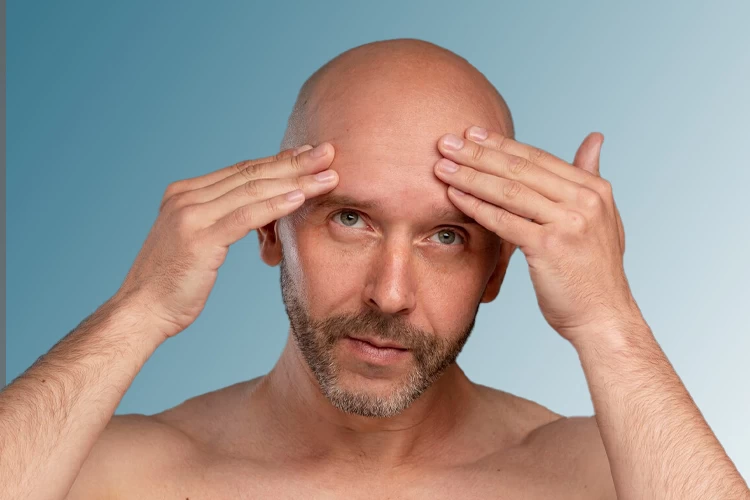
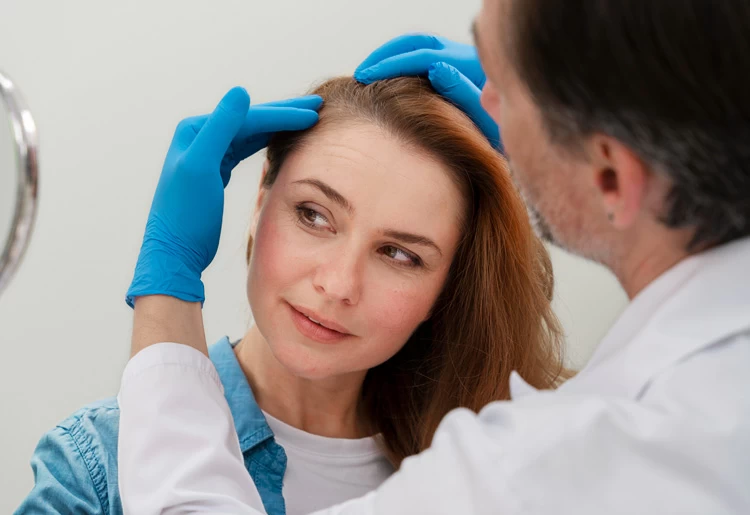

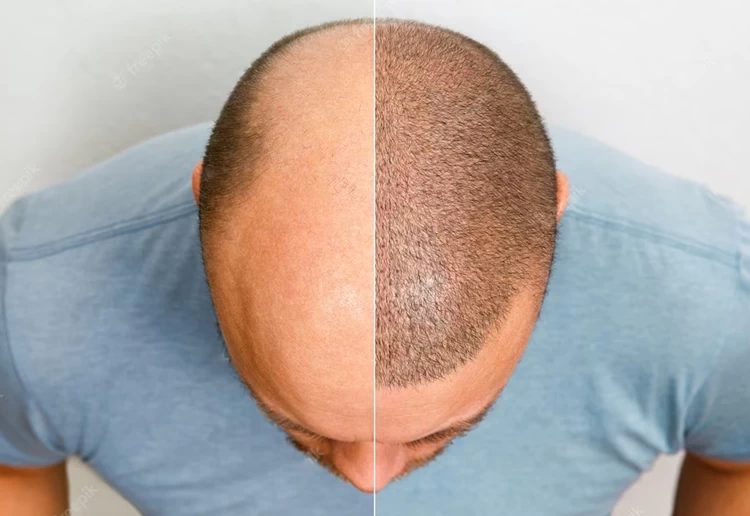
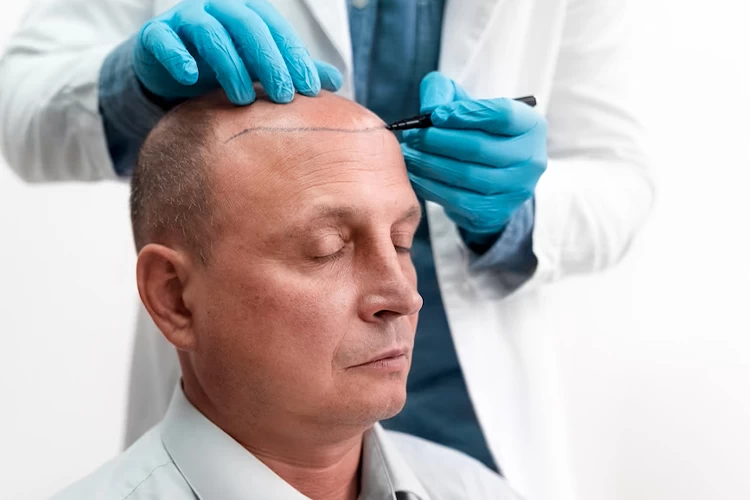
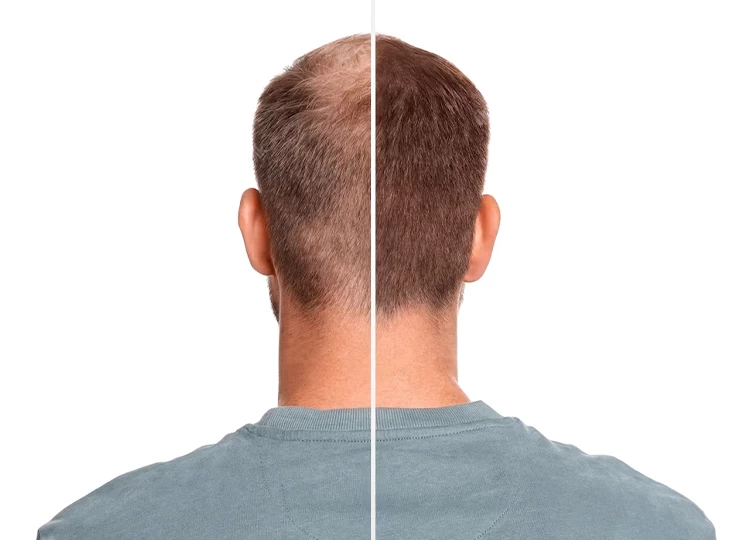


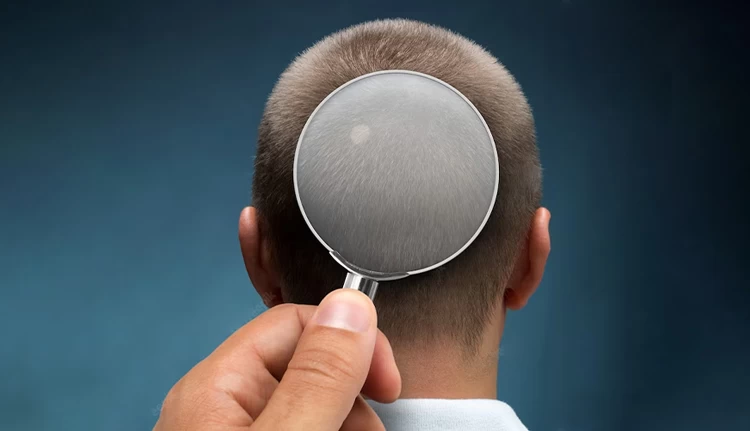
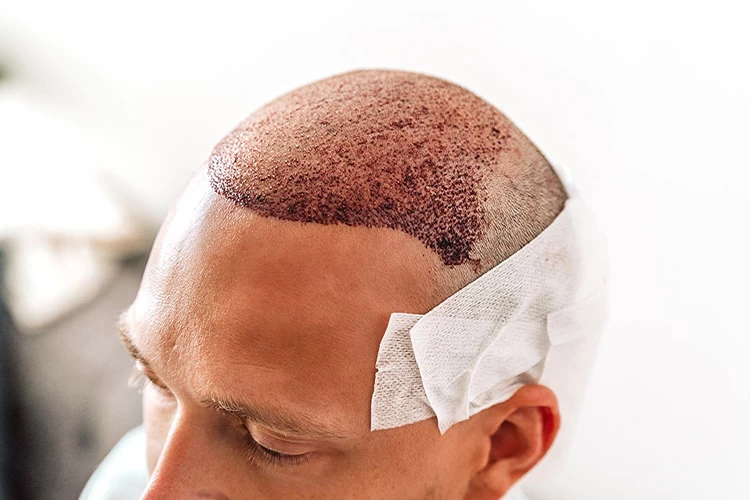
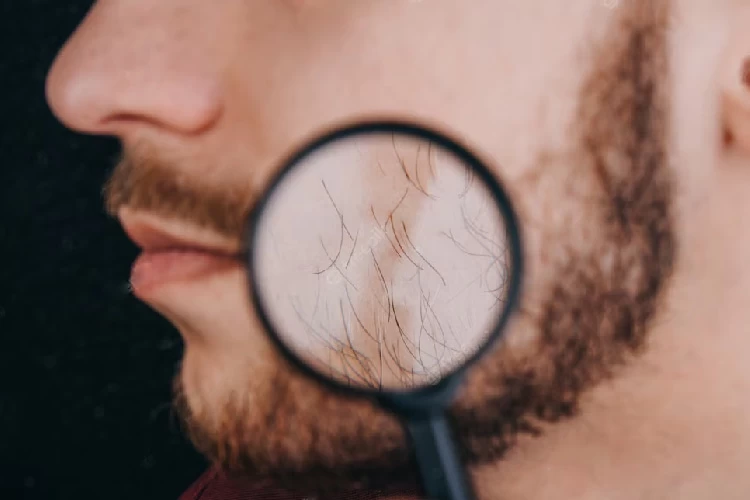
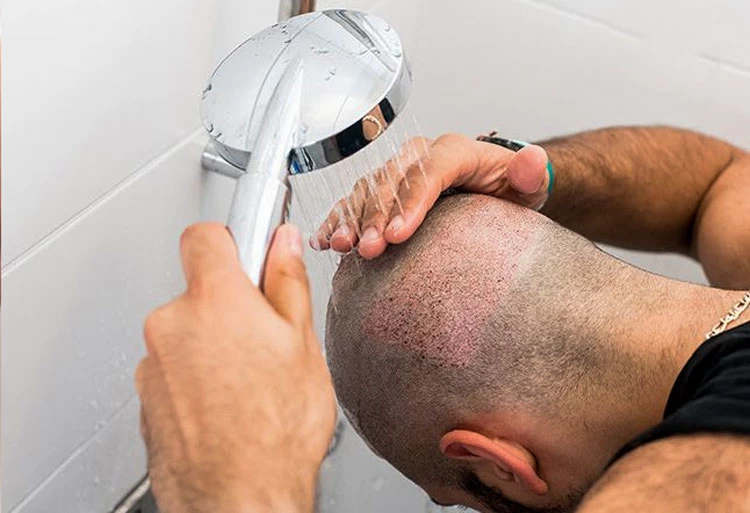


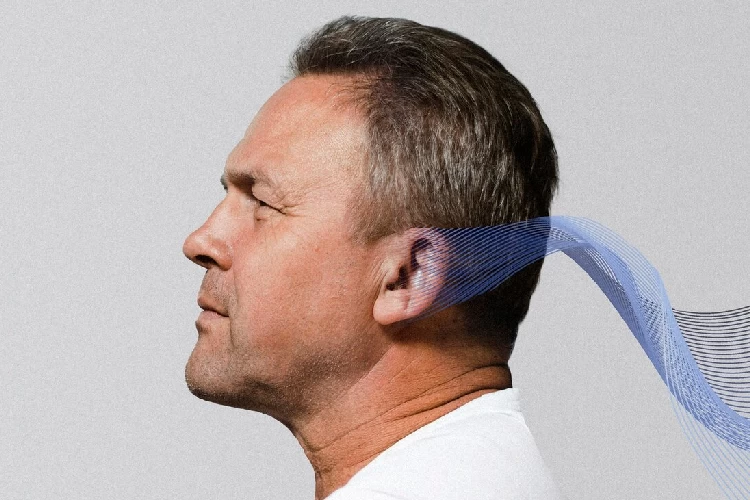

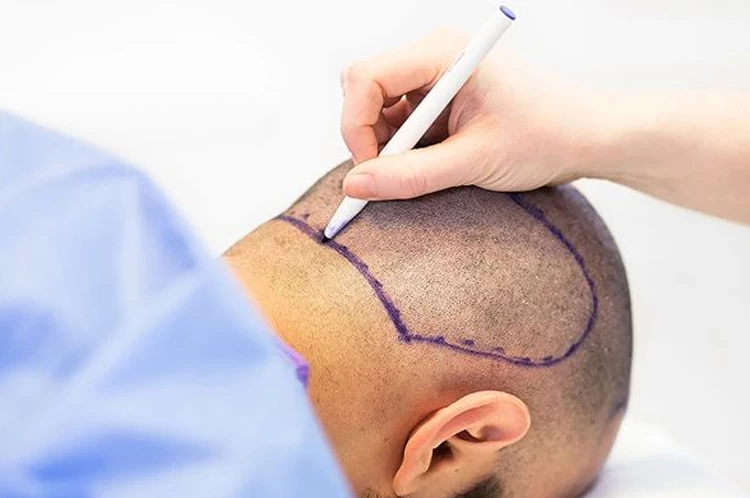
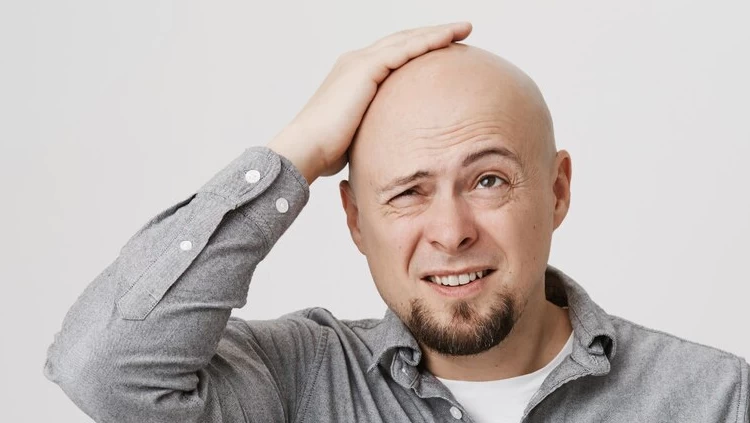
No reviews
Your comment